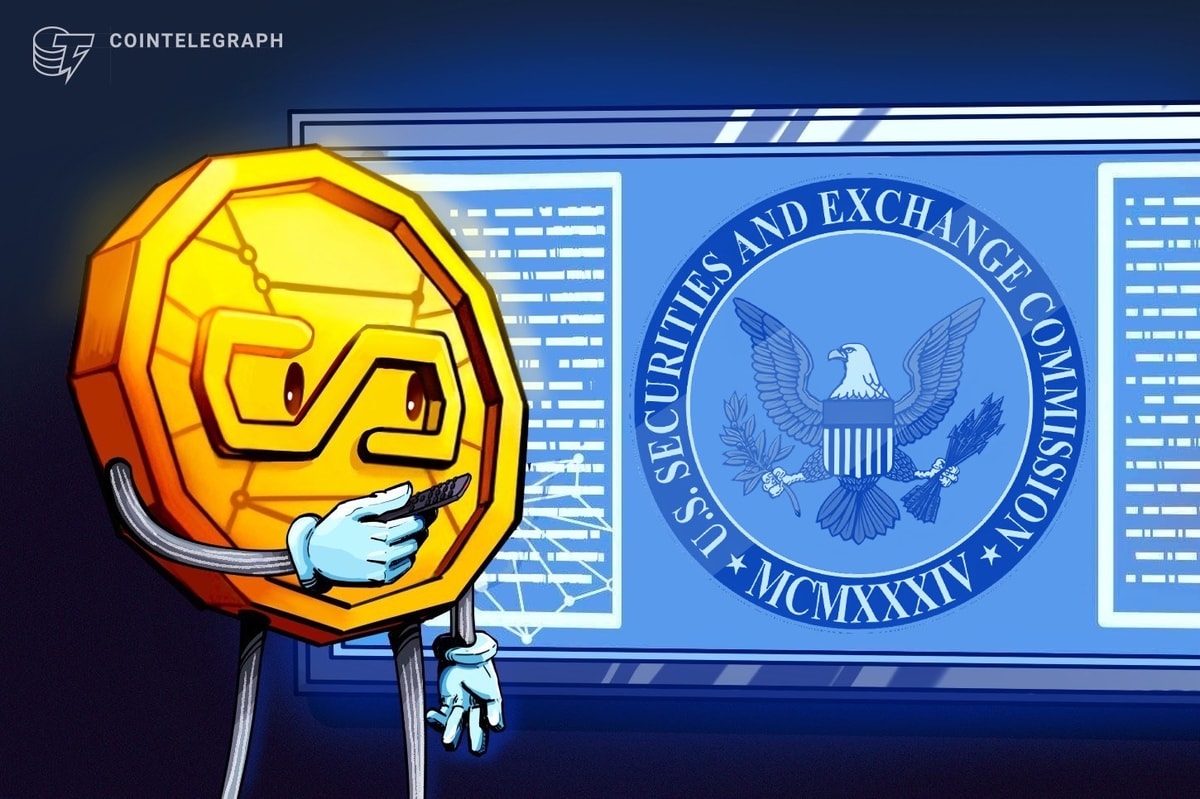Cointelegraph recently learned that the United States military is considering using Bitcoin tipping as a platform for providing bounties in combat and terrorist hot zones. The relative anonymity that the blockchain provides and the cost-cutting nature of crowdsourcing are the driving forces behind the scheme.
Earlier this year, in February, the Combating Terrorism Technical Support Office (CTTSO) released the Advance Planning Briefing for Industry (APBI), which forecasted its funding requirements for Fiscal Year 2016 and advertised solicitations, or government “bids,” using a Broad Agency Announcement (BAA).
Bid R3962 contained a solicitation for the Irregular Warfare and Evolving Threats (IW/ET) group. The bid was entitled “Micropayment-Enabled Gamified Civil Reporting In Conflict Zones” and states that the CTTSO is looking for someone to:
“Develop an operational concept and application that enables civilians in conflict zones or at-risk areas to be rewarded in near real-time with ‘tip-sized’ amounts of virtual currencies, or other stores of value.”

While the announcement makes no mention of Bitcoin, it does mention the blockchain, which is the worldwide immutable public ledger that Bitcoin utilizes. The announcement says:
“The current approach [of paying sources for information] is costly and labor intensive to manage. It fails to realize the potential to dramatically increase the volume and precision of reporting possible through crowdsourcing applications, particularly when they are combined with ‘rewards’ owing to the breakthrough in payment processing afforded by blockchain technology.”
CTTSO is taking a cue from Amazon’s Mechanical Turk human marketplace, which posts bounties for Human Intelligence Tasks or HITs. As NPR recently explained:
“People around the world race to perform those tasks, sometimes for pennies, [...] ’street-level’ community information […] — for cents rather than thousands of dollars.”
For instance, right now there are approximately US$362 million dollars worth of bounties listed at the Department of State’s Rewards for Justice program. According to reporting by Kathy Gilsinan for the Atlantic, bounty values are determined by the Secretary of State based on the “perceived threat a given terrorist poses to U.S. people or property.”
Gilsinan notes, however, that some — such as Alex Tabarrok, a professor of economics at George Mason University — believe the government should be increasing the amounts of bounties, rather than decreasing them, as suggested by the CTTSO proposal. Tabarrok said:
“We could’ve put a bounty on bin Laden’s head in 2001 of, let’s say, $500 million [rather than US$25 million ...]. Instead we chose, no, we’re going to spend something like a trillion dollars invading Afghanistan, and then we’re going to be there for now over 10 years, and this is going to cost so many U.S. lives.”

- Alex Tabarrok
I don’t believe the professor considered using Bitcoin or another decentralized currency to pay for bounties, however, which opens up the number of bounty hunters exponentially. This includes those who don’t have banks accounts and even those that who do, who might be putting themselves at risk by claiming a cash reward.
Gilsinan also notes that Robert Grenier, the CIA station chief in Islamabad, explained that, historically:
“Some of the speculation in the past has been […] that these are folks who can understand having a new Toyota Land Cruiser or 50 head of sheep, but $25 million is just like an abstraction, it doesn’t resonate with them.”
Scott Stewart wrote in Stratfor Security Weekly that the rewards used to be much smaller. He said:
“The rewards initially offered by the program were much smaller, up to $500,000. That amount was increased to $1 million in 1990, and then augmented to $2 million total through matching funds provided by the Air Transport Association and the Air Line Pilots Association. The program gained the ability to offer large payments for figures such as al-Zawahiri under the 2001 Patriot Act, which was passed after the 9/11 attacks.”
He said further:
“There is a general distrust of the U.S. government in the parts of the world where most of the critical suspects are hiding — places like Lebanon and Pakistan. Individuals who might otherwise be induced by the cash rewards do not trust the U.S. intention or capability to protect them or their extended families. This protection would be required against reprisal not only from the terrorist group but also from the government itself.”
This is a particularly important consideration. While the BAA solicitation notes that the “largely telephone-based approach can present risk of exposure to the ‘tipper,’ potentially reducing the effectiveness of such programs” it implies that Bitcoin-based systems do not have the same risks.
While Bitcoin may have provided anonymity in its early days because there weren’t any sophisticated government surveillance systems built to trace transactions, time (and adoption) has shown these systems have been implemented.
The government has proven itself as a privacy advocate through TOR, which “was originally designed, implemented, and deployed as a third-generation onion routing project of the United States Naval Research Laboratory [...] for protecting government communications,” and provided funding from 2006 through 2010.
This is the same government, however, that surveils its own citizens and was rumored to have “broken TOR” in the Silk Road investigation.
That said, there is an incentive for the military to obfuscate who they are sending funds to. It would then be possible to send bounties to actors who might otherwise raise an eyebrow or two. OFAC notwithstanding, truly anonymous payments could be made to persons that were previously incompatible for rewards under similar programs.
The Bitcoin founder(s) who used TOR to introduce the cryptocurrency to the world has thus far remained anonymous. It remains to be seen if our bounty hunters will be afforded the same level of privacy.
Bid R3962 should be awarded sometime this October.
No word yet if ChangeTip, a leader in Bitcoin tipping, “building a micropayments infrastructure for giving and generosity on the Internet,” has responded to the solicitation.











